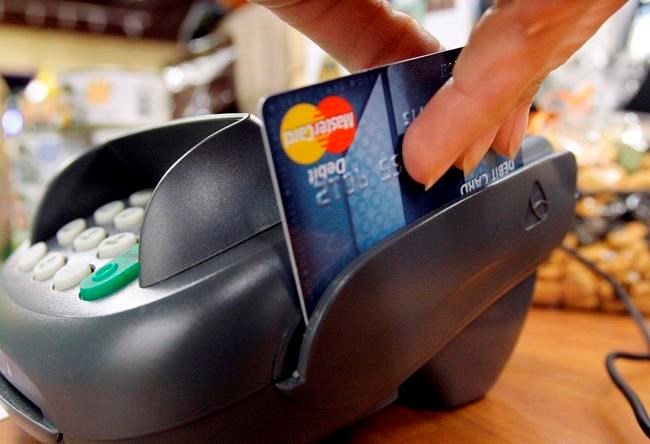OTTAWA — When Sean Whyte opened a fashion store in early 2020, he had no idea a global pandemic would force him to throw out his business plan within a couple of months.
Whyte's Kelowna business, Grey Hearts Denim, pivoted from selling a range of fashion attire to making denim face masks.
And while finding a way to be productive during a global pandemic was rewarding, Whyte knew he needed help to get his business off the ground again.
So when he heard the federal government was launching the Black Entrepreneurship Program in September 2020, he says he was invigorated.
"It was a beacon of hope for a lot of us," he said.
The federal government said the program was aimed at helping Black business owners overcome barriers they face navigating financial institutions and entrepreneurship in general.
By partnering with Business Development Bank of Canada and financial institutions, nearly $300 million in loans were made available through the program.
The federal government also spent $53 million to create an ecosystem of Black-led non-profit organizations to provide support and financial planning services to entrepreneurs.
During a roundtable between leaders of Black-led business organizations and federally elected officials, Liberal MP Greg Fergus said the program came about because of the disproportionate challenges facing Black entrepreneurs during the pandemic.
Fergus said the point of the program is to help Black Canadians to pursue entrepreneurship on the same footing as other Canadians.
"We can make mistakes, that's OK. Everybody makes mistakes. I'm just saying, give us a chance to make mistakes at the same level (as others)," he said.
Over the years, academics and advocates have pointed out the barriers Black people face navigating financial institutions.
A 2021 study by the Canadian Black Chamber of Commerce, in partnership with the BDC, identified access to capital, skills for advertising and promotion and personal development and mentorship as the most pressing needs facing Black business owners.
However, Whyte said even the process of getting a loan through the Black Entrepreneurship Program has been challenging. Two years after funding was made available, he's still trying to access a loan.
Despite these challenges, Whyte said he's benefited a lot from the support he's got from one of the partner organizations, the Black Business Association of British Columbia.
The association, which is a part of the "ecosystem" of organizations working with the federal government, has helped Whyte navigate the loan application process and provided financial planning resources.
"It's meant the world and it's been the difference probably between me not being here and being here," said Whyte, who now operates both in a brick-and-mortar store and online.
Nerissa Allen, the co-founder and president of the Black Business Association of British Columbia, said the program came at a time when the Black community was dealing with the "traumatic" murder of George Floyd, in addition to the pandemic.
Allen said it helps remove barriers to allow Black entrepreneurs to do what everyone else is doing, "which is run our businesses and be successful and thrive and contribute to the Canadian economy the way we have been."
On the East Coast in Halifax, Alfred Burgesson has also been involved with the program. As the founder and CEO of Tribe Network, his relatively new organization has been working with the federal government to provide networking opportunities for up-and-coming entrepreneurs.
Burgesson said he wants provincial governments to step up and also find ways to support Black entrepreneurs, noting the Black community has been historically marginalized.
"Canada has an incredible opportunity right now to be a world leader economically and to innovate," he said.
"Part of that innovation is ensuring that people who haven't haven't been given the opportunity to contribute, have that chance."
This report by The Canadian Press was first published Feb. 19, 2023.
Nojoud Al Mallees, The Canadian Press



